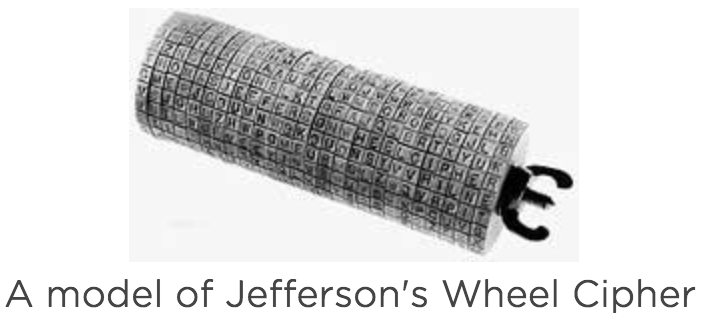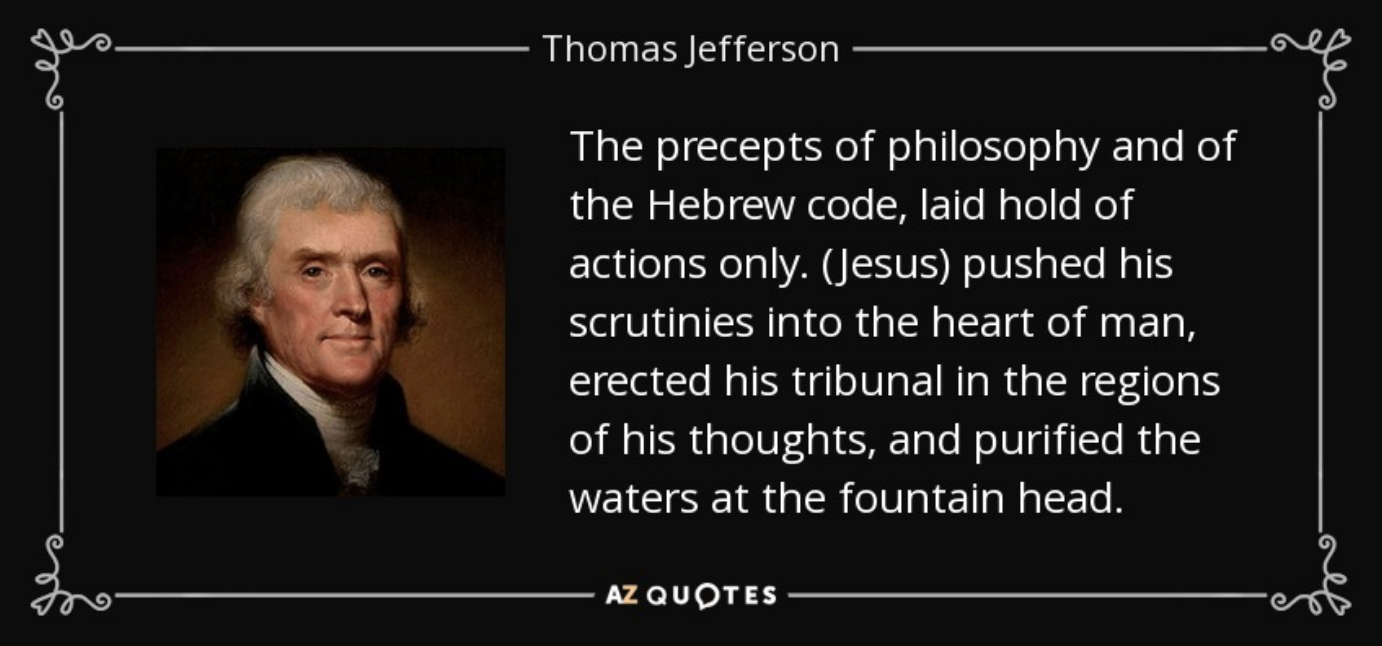Amendment VII:
“In Suits at common law, where the value in controversy shall exceed twenty dollars, the right of trial by jury shall be preserved, and no fact tried by a jury, shall be otherwise re-examined in any Court of the United States, than according to the rules of the common law.“
The “right to trial by jury” aspect of the amendment is encrypted within the Federal Rules of Civil Procedure‘s
Rule 38 – Right to a Jury Trial; Demand,
while the “no fact tried by a jury, shall be otherwise re-examined… than according to the rules of the common law” aspect of the amendment alludes to the:
Notice:
The Seventh Amendment providing that “in suits at common law where the value in controversy shall exceed $20 the right of trial by jury shall be preserved,” has no application to cases where the recovery of money damages is an incident to equitable relief, even though damages might have been recovered in an action at law. NLRB v Jones & L. Steel Corp. 301 US 1, 81 L Ed 893, 57 S Ct 615, 108 ALR 1352. [1]
Notable History:
In response to the opening of his mail by European postmasters during his service as Minister to France (1784-1789), Jefferson began to rely heavily on codes to send important messages. His belief in the practice was strong enough to prompt him to invent his own enciphering device, the Wheel Cipher in the early 1790s.
While it appears Jefferson rarely, if ever, used the Wheel Cipher, he continued to use codes throughout his public career, including two that are associated with his communications with Meriwether Lewis:
- A Coded Review of Officers that historians believe Lewis made on an 1801 roster of all officers commissioned in the United States Army.
- A Cipher dated April 20, 1803, that Jefferson sent to Meriwether Lewis to encode messages as the Expedition moved through what then was still French territory. [2]
In a letter to Benjamin Rush, dated Apr 21, 1803, [3] Jefferson stated the following, implicating his intrigue of intellectual code:
Special thanks to AZ Quotes for the above graphic we’re utilizing in accordance with Fair Use.
******************************
Back to All About Jury Trials – read this first.
Back to Rule 38 – Right to a Jury Trial,
******************************
References:
Disclaimer: All material throughout this website is pertinent to people everywhere, and is being utilized in accordance with Fair Use.
[1]: Ballantine’s Law Dictionary with Pronunciations
Third Edition by James A. Ballantine (James Arthur 1871-1949). Edited by William S. Anderson. © 1969 by THE LAWYER’S CO-OPERATIVE PUBLISHING COMPANY. Library of Congress Catalog Card No. 68-30931
[2]: Thomas Jefferson’s Monticello, “Coded Messages”: https://www.monticello.org/site/jefferson/coded-messages
[3]: Library of Congress, “Thomas Jefferson to Benjamin Rush, April 21, 1803, with Syllabus of an Estimate of the Merit of the Doctrines of Jesus, with Copies; Partial Transcription Available, The Works of Thomas Jefferson in Twelve Volumes. Federal Edition. Collected and Edited by Paul Leicester Ford”: https://memory.loc.gov/service/mss/mtj//mtj1/028/028_0191_0199.pdf
******************************************
Like this website?
or donate via PayPal:

Disclaimer: Wild Willpower does not condone the actions of Maximilian Robespierre, however the above quote is excellent!
This website is being broadcast for First Amendment purposes courtesy of
Question(s)? Suggestion(s)?
[email protected].
We look forward to hearing from you!


